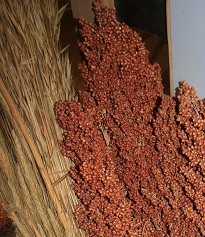
Learn to grow cereals, pulses, and grains with this specialty course
Suitable for large and small scale operations.
Covering some of the most significant agricultural crops in the world, this course discusses important cultivars, factors of production (including machinery), processing, and more.